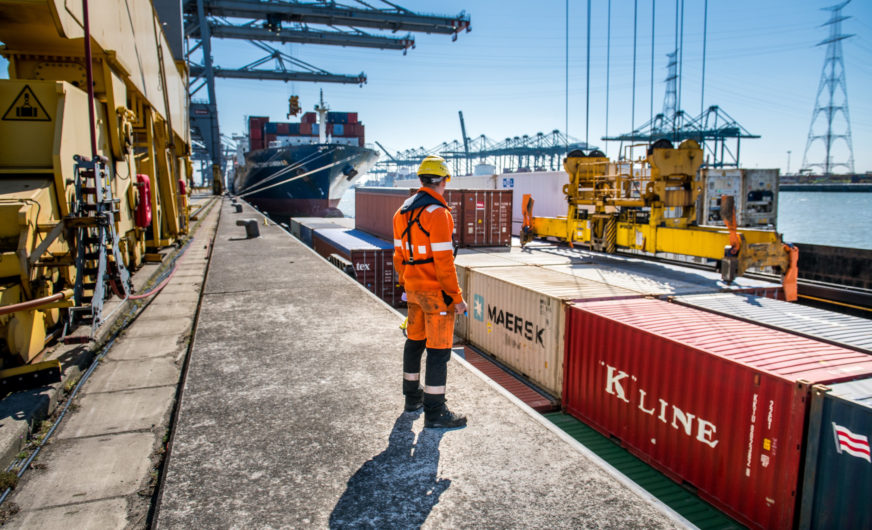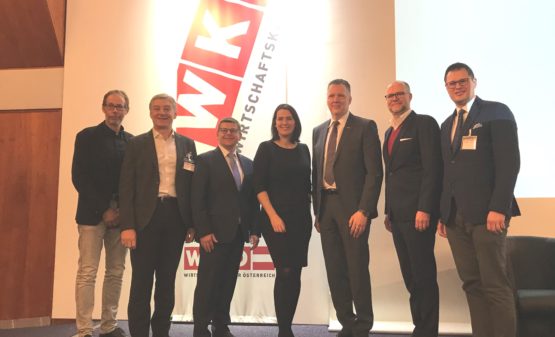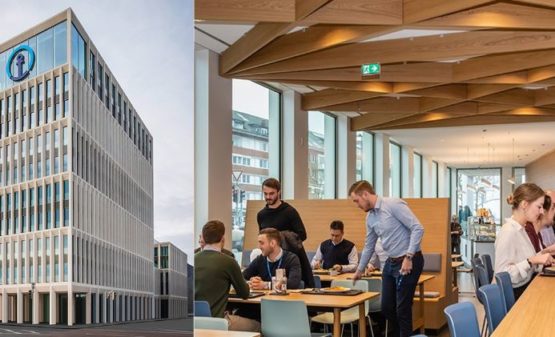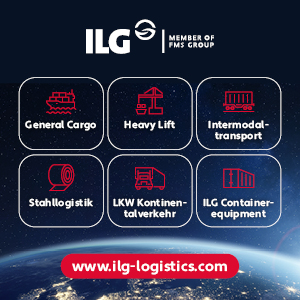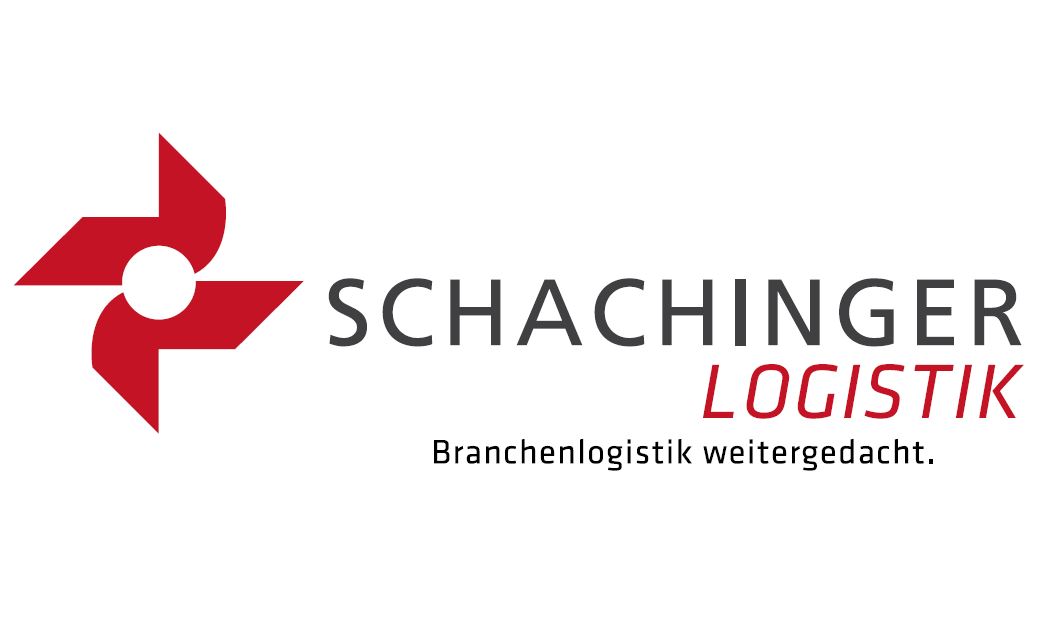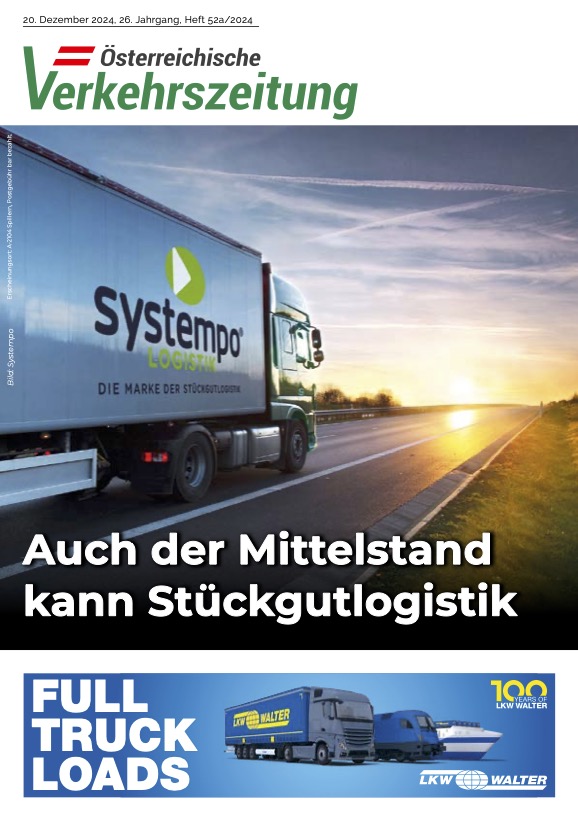In 2019 the port of Antwerp scored strong growth for the seventh year in a row, with the freight volume up 1.3% to 238 million tonnes. Although some segments are clearly under pressure due to economic reasons, the port is making progress overall.
The port developed further as a major international port. Container freight in particular gained market share (up from 27.5% to 28.2%), and was up 6.9 % to 11.87 million TEU, while the dry bulk segment saw its total volume expand by 3.4% to 13.5 million tonnes.
In breakbulk on the other hand, with steel as the main product, the consequences of turbulence in world were clearly felt, resulting in an overall contraction of 18% year-on-year. In the liquid bulk segment too the volume was down, by 4.4% to 72.5 million tonnes, due mainly to the slowdown in economic growth and fluctuations in oil prices.
This year large investments were announced in the chemical and logistics sectors. In addition to a record investment of EUR 3 billion by INEOS in the Antwerp chemical cluster, this year also saw work starting on the ECLUSE steam distribution network. In addition ExxonMobil’s Delayed Coker Unit went into operation, and there were other investments by players such as BASF, Borealis and Standic.
Port of Antwerp CEO Jacques Vandermeiren explained: “We are using the technology and expertise that we have in the port to smooth the path towards becoming a carbon-neutral port. In the near future we’ll be experimenting with tugs powered by sustainable methanol hydrogen. Other interesting avenues that we are exploring are Carbon Capture & Utilisation and Carbon Capture & Storage, along with ways of re-using carbon in circular processes.” Moreover the port is striving for a multi-fuel port where various sustainable fuels are available.
“A growing port is a port in motion, and we aim to further extend the modal shift in future. Last year 24 million tonnes of freight was carried by rail. That’s 7% of the total freight volume. We aim to double this to 15% by 2030. Pipelines too have an increasingly important role to play,” Jacques Vandermeiren adds.
As Europe’s second-largest port, the Port of Antwerp is a major lifeline for the Belgian economy: more than 300 line services to over 800 destinations ensure global connectivity. The Port of Antwerp annually handles around 235 million tonnes of international maritime freight, and is home to Europe’s largest integrated chemical cluster. The Port of Antwerp accounts, directly and indirectly, for a total of around 143,000 jobs and more than EUR 20 billion added value.
Antwerp Port Authority is a limited liability company of public law, with the City of Antwerp as sole shareholder. It employs over 1,500 people. Port alderman Annick De Ridder is chairman of the Board of Directors and Jacques Vandermeiren is CEO and President of the Executive Committee, which is responsible for the day-to-day management.


